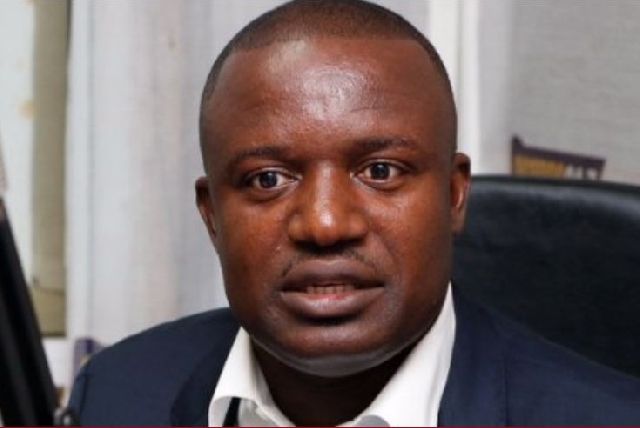Minister of Energy-Designate, Mr. Abdullai Jinapor, has announced the government’s plan to establish a seven-member committee to explore privatization options for the Electricity Company of Ghana (ECG) as part of efforts to revitalise the struggling state-owned entity.
During his vetting before Parliament’s Appointments Committee on Monday, January 13, 2025, Jinapor explained that the committee’s primary task will be to examine and propose viable models for private-sector involvement that could enhance ECG’s financial and operational sustainability.
The move comes in response to longstanding challenges faced by ECG, including inefficiencies, financial losses, and growing debt, which have hindered its ability to consistently deliver reliable electricity to Ghanaians.
“We believe there should be private sector participation,” Jinapor stated during the vetting. He stressed that privatisation, or some form of private-sector involvement, could provide the resources, expertise, and efficiency required to turn around ECG’s fortunes and enhance electricity supply across the country.
The Energy Minister-Designate outlined a non-partisan approach to the process, emphasising the importance of neutrality and expertise in the composition of the committee.
“We will stay off as politicians and let them develop a framework in a transparent, open, and frank manner. Once we get the buy-in of Ghanaians, we can set standards using a Request for Proposal (RFP) or competitive tender process.”
In another development, he presented an ambitious plan to revitalise a 4,500-bbl capacity refinery that has been inactive since 2021.
Speaking at his vetting, Mr. Jinapor outlined the key challenges faced by the refinery, particularly the limitations imposed by the Petroleum Revenue Management Act.
This Act requires that proceeds from crude oil sales be paid into the national petroleum fund for a specified period, restricting access to crude for refineries unless certain conditions are met he said.
Despite these regulatory obstacles, Mr. Jinapor expressed confidence in overcoming them. He shared his strategy of securing a strategic partner to address the refinery’s financial liabilities and inject the necessary capital to restore its operations.
“Our goal is to bring in a strategic partner who will not only assist in resolving the refinery’s liabilities but also leverage its assets to secure the capital required for its revival,” he stated.
Mr. Jinapor estimated that reviving the refinery would require an investment of around £250 million. He also highlighted that 700 staff members are currently employed at the facility, emphasising the importance of bringing the refinery back online to safeguard jobs and strengthen national energy security.
Despite the significant challenges, Mr. Jinapor is optimistic about the future. “With the right partners and the right resources, we can bring this refinery back to life,” he affirmed.
His plan represents a promising step towards revitalising a critical national asset, contributing to the country’s energy resilience, job creation, and long-term economic growth.


Comments are closed.